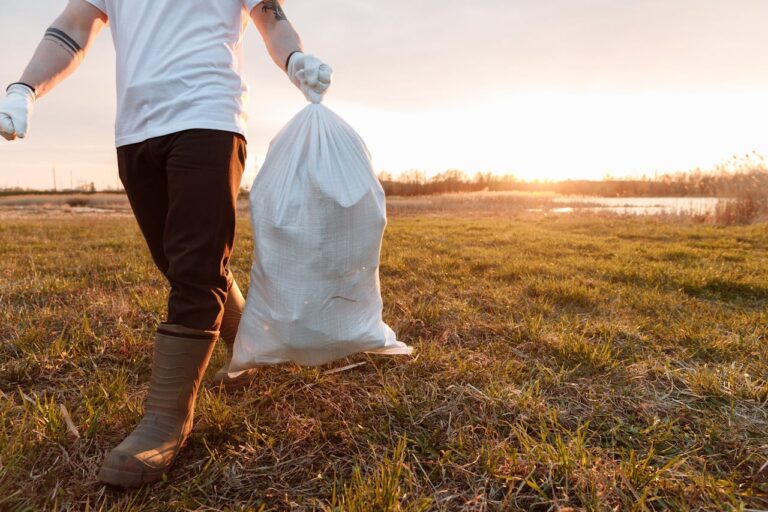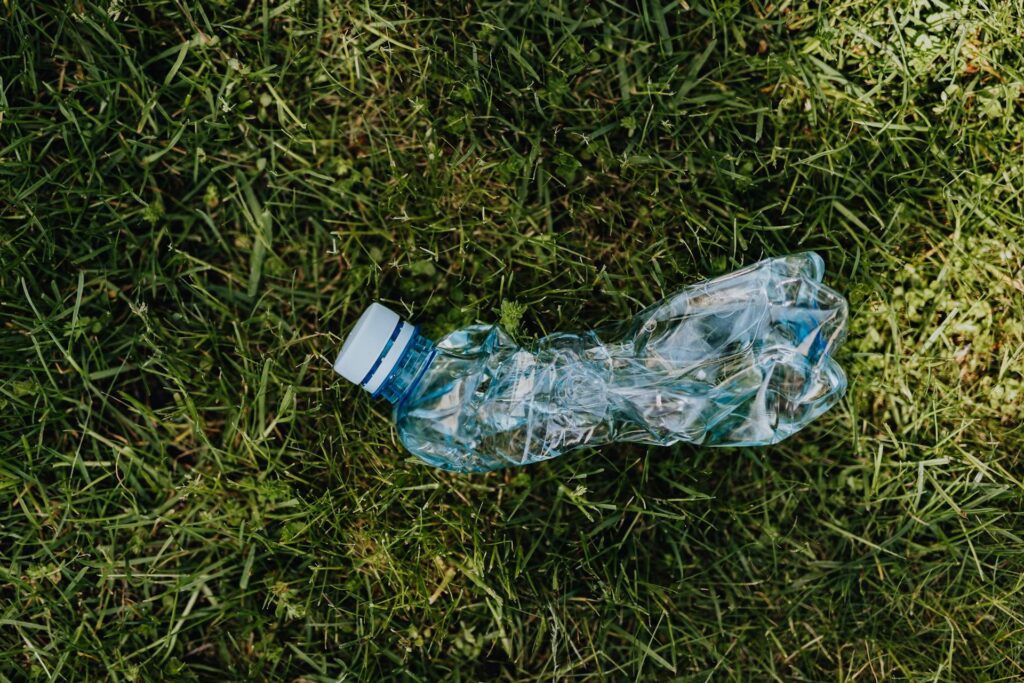Examples of Improper Waste Disposal
Key Takeaways
- In the UK, approximately 70% of litter is food wrappers and packaging.
- Cigarette butts are the most littered item in the world, with 4.5 trillion cigarette butts littered around the world every year.
- Improper waste disposal examples include littering, illegal dumping, and throwing away recyclable materials.
Improper waste disposal refers to the process of throwing away materials in a way that poses human health risks or harm to the environment. From littering to not recycling, there are various improper waste disposal methods that individuals and businesses can avoid.
In this article, we are going to discuss 3 examples and the effects of improper waste management.
3 Examples of Improper Waste Disposal
Littering
Littering is one of the most common forms of improper waste disposal. When waste such as plastic bottles, wrappers, or cigarettes are carelessly discarded on the ground instead of in a bin, it creates significant environmental issues. In fact, about 70% of litter is food wrappers and packaging in the UK. Cigarette butts are also the most littered item in the world, with 4.5 trillion cigarette butts littered around the world every year.
Litter can clog drains, pollute bodies of water, and disrupt natural habitats. Sea animals, in particular, are often affected, as they may ingest plastic waste or become entangled in it.
Properly disposing of waste in designated bins can prevent these problems and protect aquatic ecosystems.
Illegal Dumping
Illegal dumping occurs when individuals or businesses discard waste in unauthorised areas, such as forests, vacant sites, or along roadsides. This practice can lead to severe consequences, including air pollution and contaminated water sources.
Hazardous materials, such as chemicals or electronics, can leach toxins into the soil and nearby water sources, threatening human health and wildlife.
Communities suffer from the aesthetic and financial burden of cleaning up these illegal dumping sites, underscoring the importance of proper waste disposal.

Avoiding Recycling
Failing to recycle materials that could be reused or repurposed contributes to the depletion of natural resources and the increase of waste in landfills. When recyclable materials like cardboard, paper, or electricals are improperly disposed of, they often end up in incinerators or landfills.
At these sites, they release greenhouse gases such as methane and carbon dioxide. By avoiding recycling, individuals and businesses miss an opportunity to reduce their carbon footprint and contribute to a more sustainable future.
How Can Improper Waste Disposal Affect Our Environment and Health?
Improperly disposing of waste has far-reaching consequences for both the environment and human health. Here are some of the key impacts:
- Contaminated Water: Improper waste disposal can pollute water sources, making them unsafe for drinking, agriculture, or recreational activities. Contaminated water often carries harmful bacteria, chemicals, and microplastics, which can lead to diseases in humans and wildlife.
- Air Pollution: Burning waste materials, especially plastics, releases toxic gases into the atmosphere, contributing to air pollution and respiratory problems in humans. Additionally, the decomposition of organic waste in landfills emits greenhouse gases, exacerbating climate change.
- Damage to Natural Habitats: Discarded waste can destroy natural habitats by disrupting the balance of ecosystems. Wildlife may ingest harmful materials or become trapped in debris, leading to injury or death. Sea animals, such as turtles and fish, are particularly vulnerable to plastic waste in oceans.
- Health Hazards: Exposure to improperly disposed waste, such as sharp objects, toxic chemicals, or infectious materials, poses serious health risks to humans. Poor waste management can attract pests and rodents, which are carriers of diseases.
How To Avoid Improper Waste Disposal
Simple steps, such as properly disposing of waste in designated bins and following recycling guidelines, can make a significant difference in creating a cleaner, healthier world.
At Collect and Recycle, we are helping businesses across the UK recycle their waste easily and safely. Offering collections for large volumes of materials, we can collect waste including cardboard, electronics, batteries, chemicals, hazardous items and much more.


